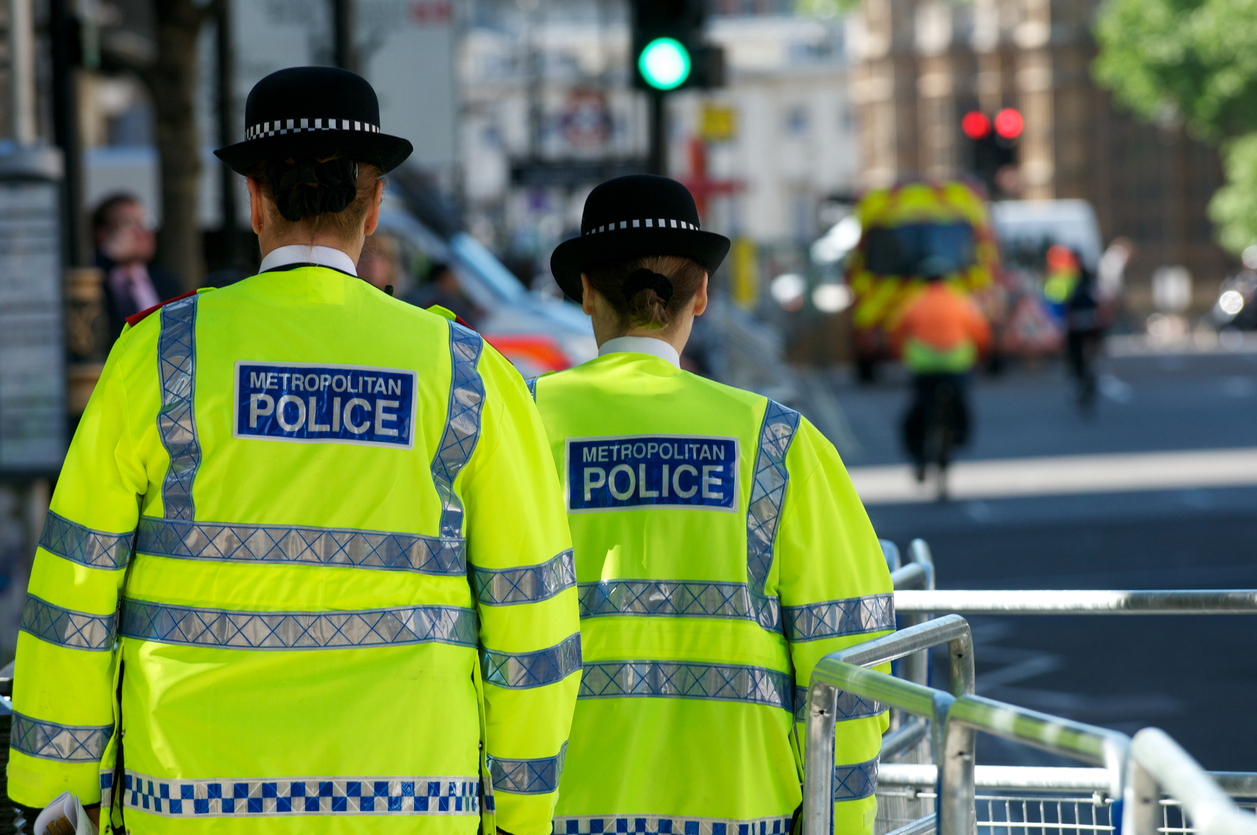Boris Johnson’s urgent review around sentencing for dangerous offenders including young people and knife crime has all the ingredients reminiscent of Thatcher’s get-tough-on-crime policies of the Seventies. Yet again, we see the same old right-wing just-desserts rhetoric dusted down in an exercise more akin to win votes for a rumoured general election than any attempt at stemming street violence. Like Margaret Thatcher’s promise to fight crime by giving young offenders a “short, sharp shock”, Johnson has pledged a determination to fight rising levels of knife crime amid the impression of an increasing “culture of insolence” among “thugs” who believed they can act with complete impunity. The answer, the new PM claims, lies not in creating better, inclusive environments with opportunity, but in hard, zero-tolerance policing and custodial sentencing.
As a working-class academic whose research has centred on young disenfranchised people and gang crime and as a lifelong resident of a former council estate in Knowsley, Merseyside, one of the most socially excluded and poverty-stricken areas in the UK and a place seldom recognised, let alone visited, by any of the Tory hierarchy, I’ve had the unique opportunity to see over both sides of the proverbial fence.
I have ingested most of the theories and the recent government reports about why young people turn to gangs and, more recently, knife crime. I know, through research and more importantly through 48 years of longstanding personal experience, that places such as Knowsley very quickly become hotspots for violent crime – not by choice, but because there is a lack of choice.
Interestingly, 90 per cent of those young people in the Seventies who were recipients of the harsh, and in many cases unnecessarily brutal, short sharp shock were unemployed at the time of their offences. Many found a strange kind of solace inside, away from the heavily marginalised and banal place and space they occupied on the outside.
The recent proposals around sentencing and increased number of stop and searches to tackle knife crime, while countering the present number of young people possessing knives, a symptom of crime, do very little to address or even understand the root causes of why young people feel it necessary to carry knives or join knife-wielding street gangs.
My research carried out in 2015 involved interviewing 44 young people (aged 18 to 25) on Merseyside and consisted of both those who chose to become gang members and those who chose to abstain. Although these young people were from comparable excluded areas and shared similar backgrounds, I found crucial differences which meant some were at greater risk of joining gangs.









